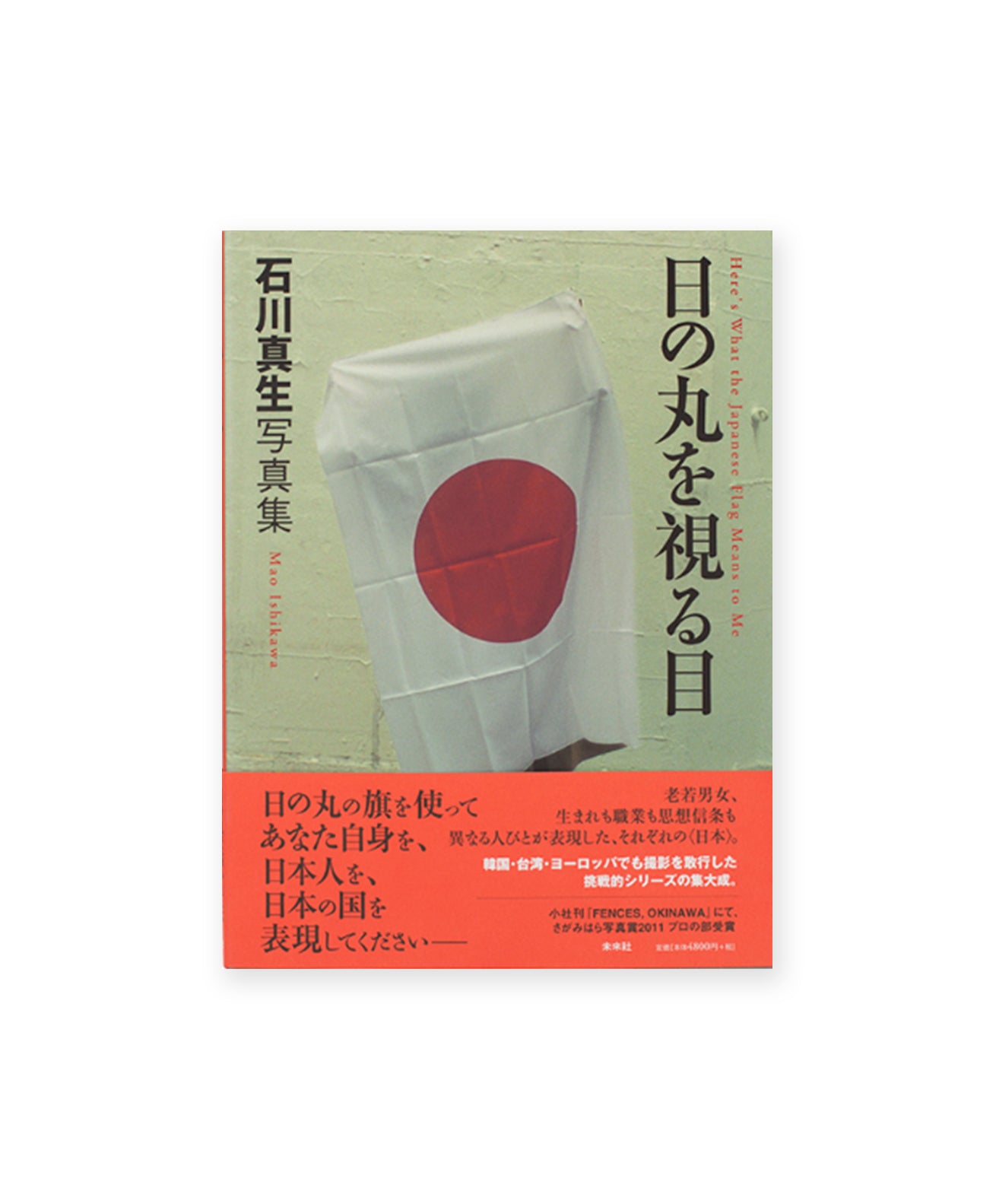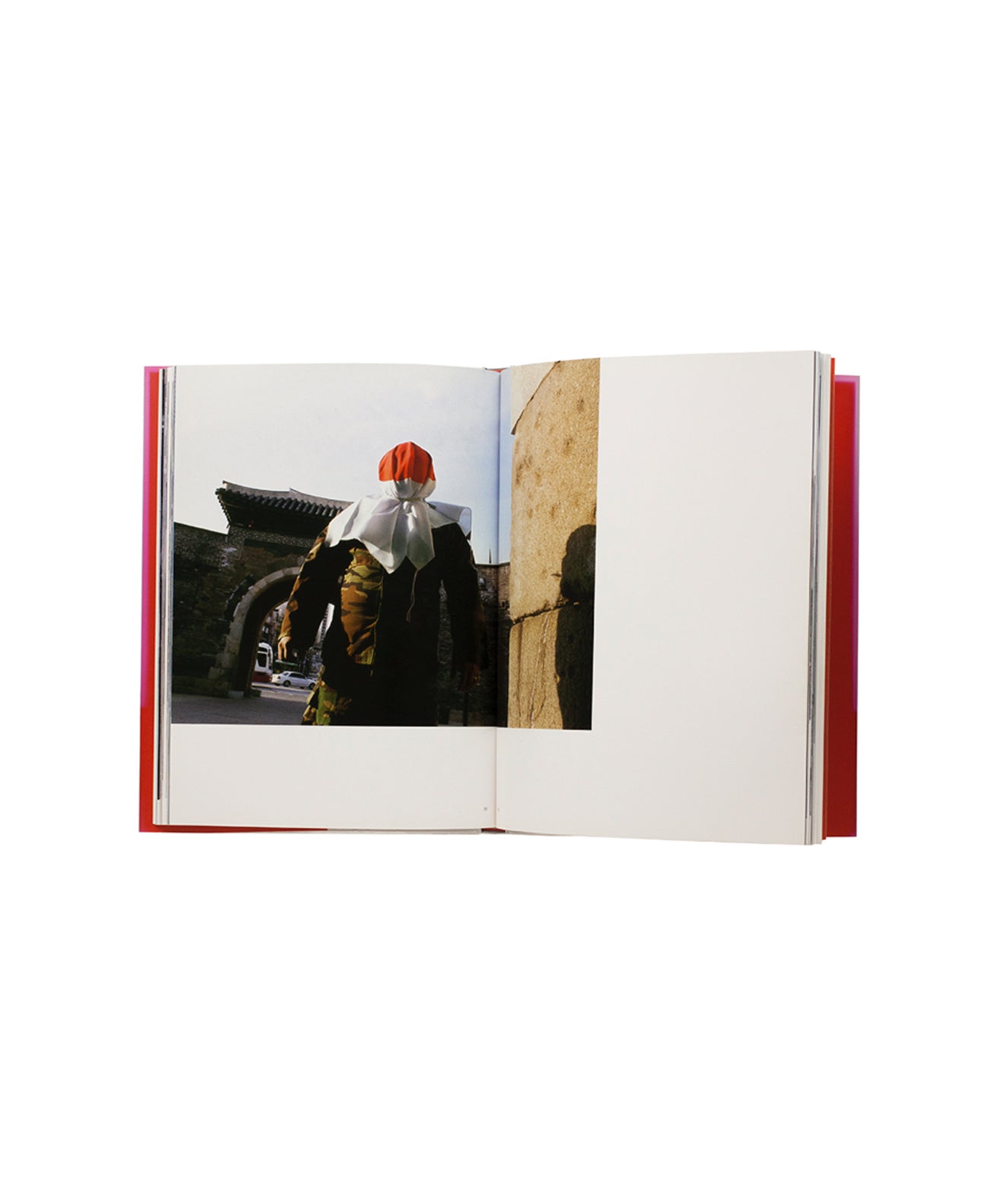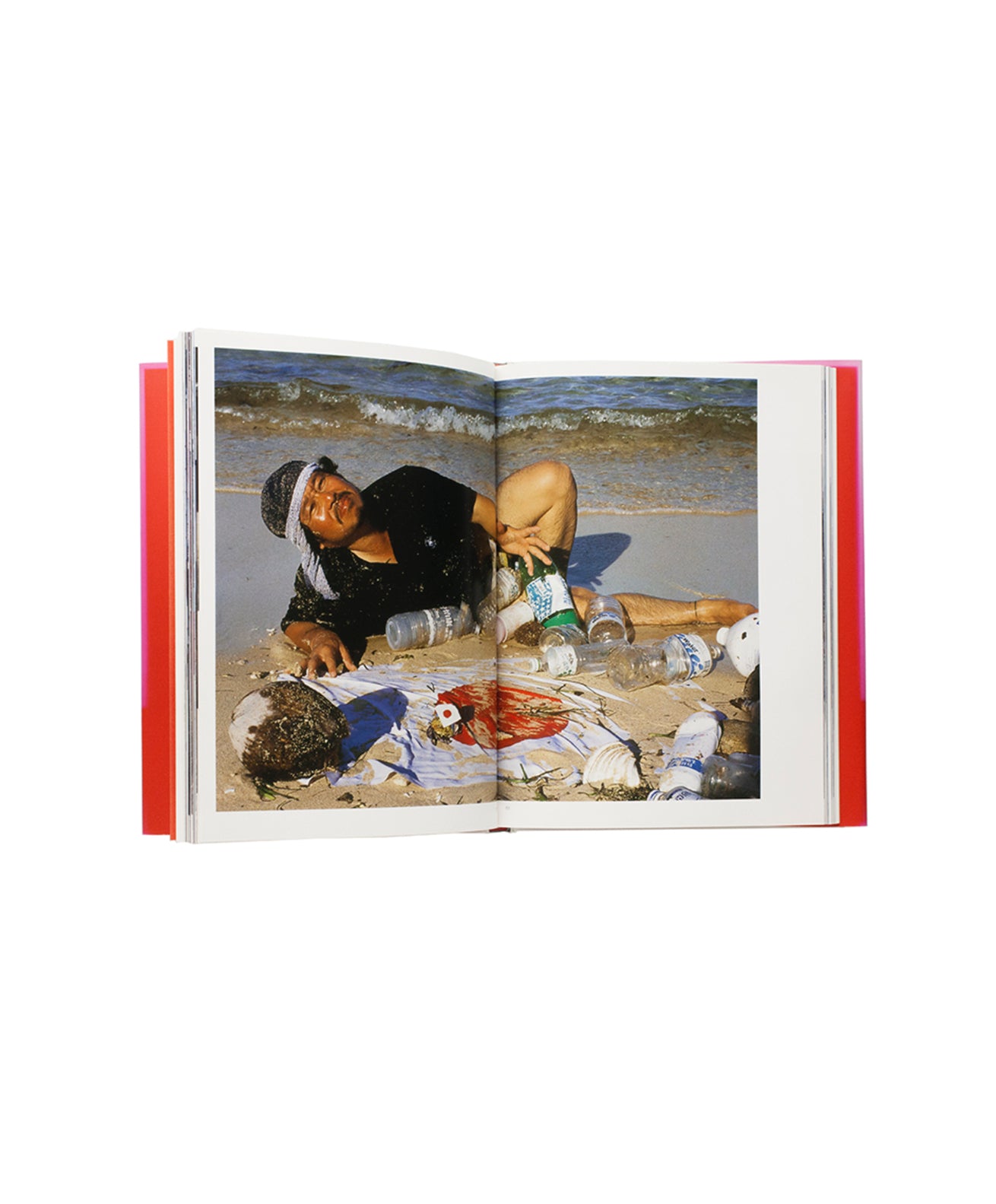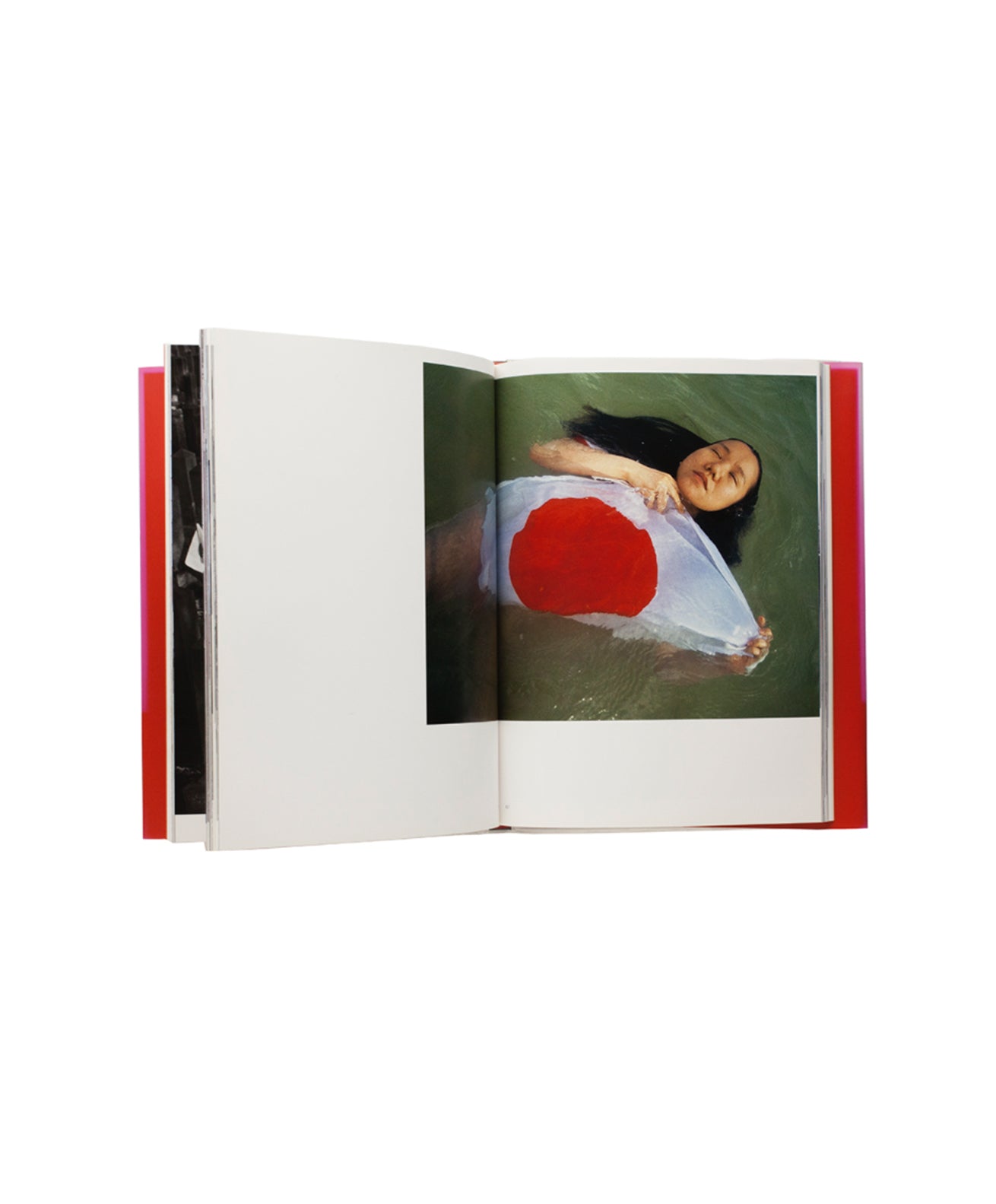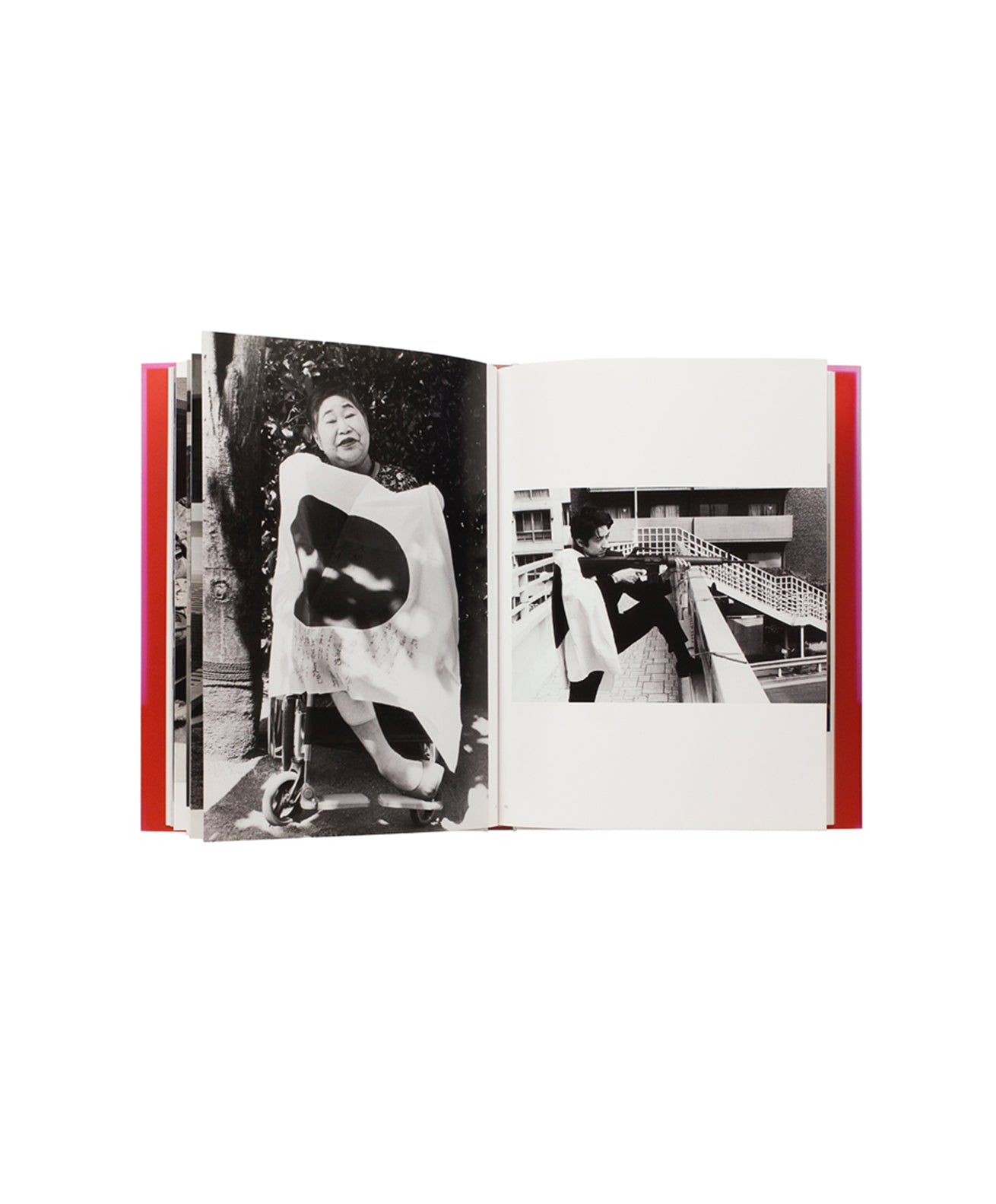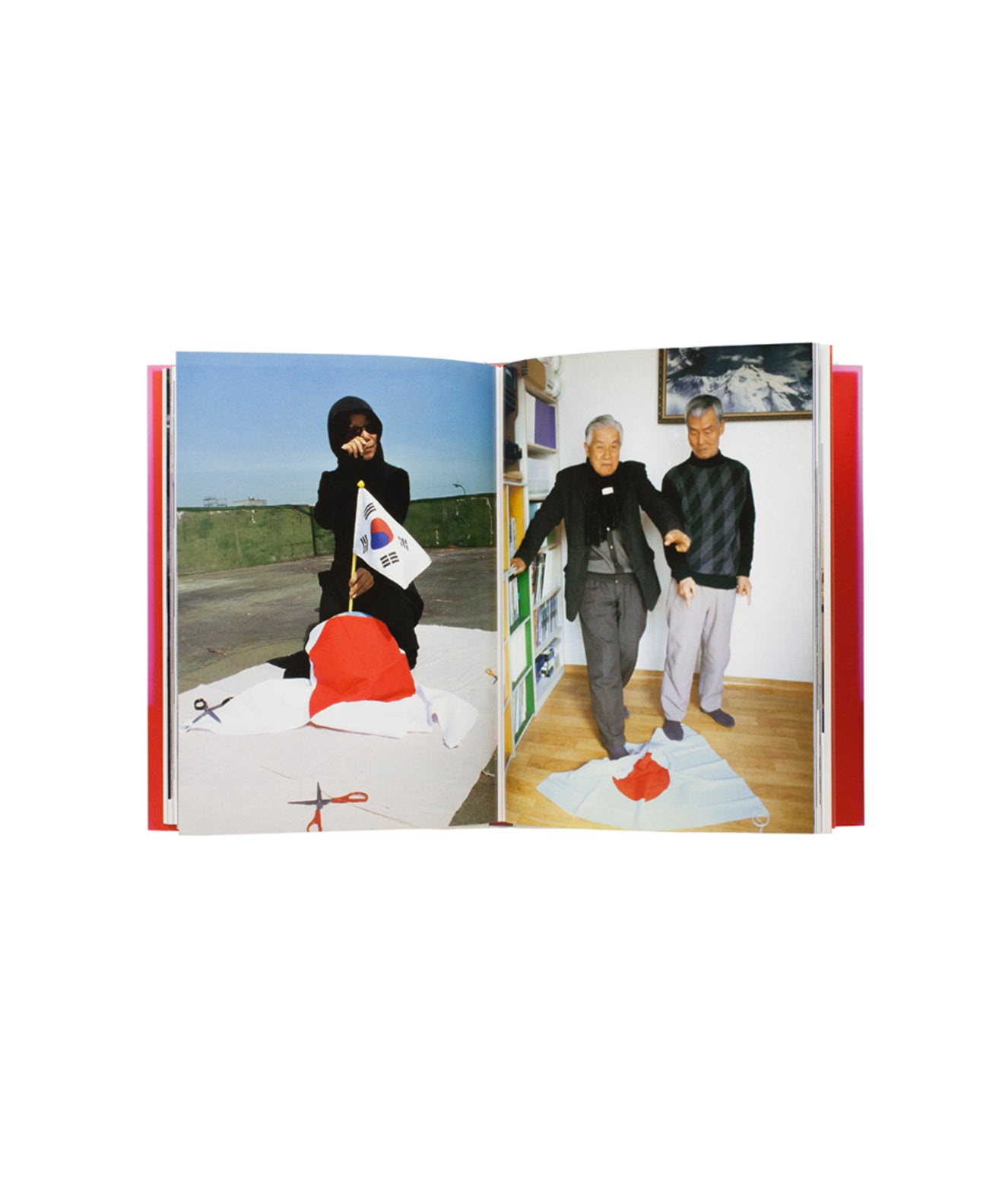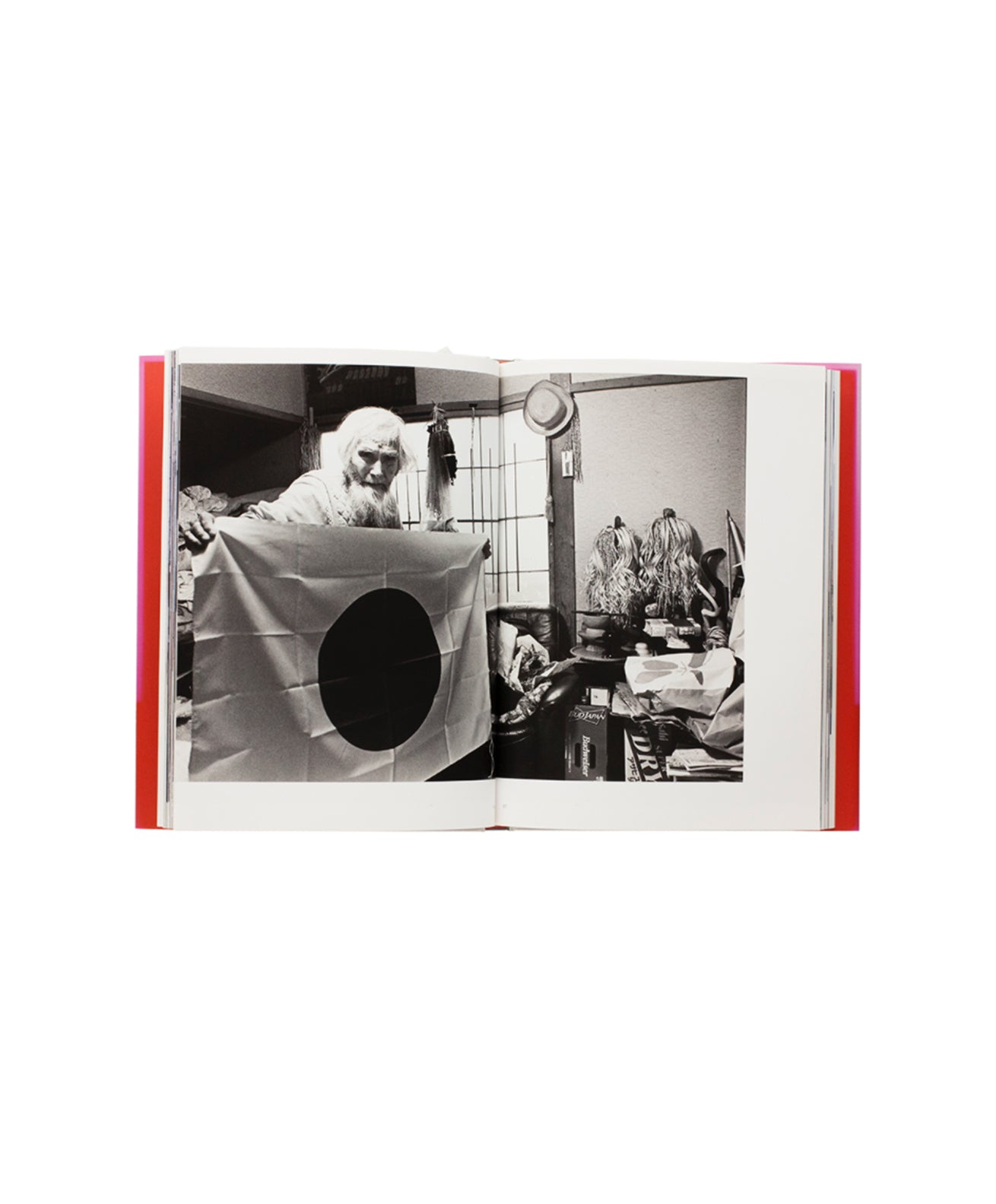Mao Ishikawa - Here's What the Japanese Flag Means to Me
Pickup currently unavailable at 1 rue des Minimes
– Default Title
-
1 rue des Minimes
09709759181 Rue des Minimes
75003 Paris
France
Mao Ishikawa
Here's What the Japanese Flag Means to Me (Signed)
Published by Mira-sha, 2011
Size: 26 x 19.6 x 2 cm
144 Pages
Hardcover
Languages: English, Japanese
Good condition
I was born in Okinawa in 1953, when Okinawa was separated from Japan after the end of the war and was ruled by U.S. military forces. Until their return to Japan in 1972, U.S. soldiers intentionally or accidentally killed, injured, and raped Okinawans but were never brought to justice. They simply returned home with the help of U.S. military forces. As absurd as this may sound, it was taken for granted at the time.
As a child, I thought, "Are Okinawans Japanese? Why is Okinawa treated cruelly like this?"
During the 1987 Okinawa Kaihoh National Track and Field Competition, Mr. Shoh-ichi Chibana dragged and burned the rising sun flag flying at the venue; he was arrested for this act. Later, Mr. Chibana showed me a rising sun flag he kept at home. He told me that he would never burn the flag but would keep it because it was a symbol of the reversal movement.
An idea crossed my mind. "It might be interesting to let people carry a Rising Sun flag and express their feelings about Japan and the Japanese."
I decided to ask a variety of people to openly share their faces and names, as well as their ideas and expressions, in a dignified manner. This disclosure is an essential element of any photograph. The locations vary from Hokkaido to Okinawa. The ages range from young to old. The professions, ideologies, and beliefs are diverse. Let them show the figures of the Japanese people.
Previously, I had photographed Okinawans and people connected to Okinawa. This was the first time I felt inclined to photograph Japanese people. I was very keen to populate the Ainu, people from "buraku" (discriminated areas), and Korean residents in Japan.
Between 1993 and 1999, I took about a hundred photographs and featured them in a magazine. In 2007, I decided to develop the project into a photo book and resumed filming activities. Initially, I planned to take photographs exclusively in Japan, but then I had the opportunity to take photographs of Okinawans living in London and Paris as well.
Additionally, I realized, "I should ask people from Korea, China, and Taiwan—very close to Okinawa and once colonized by Japan—to speak about Japan and Japan."
Introduced by friends allowed me to take photos in Korean and Taiwan, but not in China. "Any performance with a Rising Sun flag is almost or absolutely impossible under the current political conditions in China. It's best not to do it because it would create difficulties for them." Hearing this kind of advice repeatedly forced me to give up.
Between 2007 and 2011, I took 84 photographs. Having started this project in 1993, I have now accumulated 184 images. This book contains a total of 100 photographs. Some of the people photographed here died of old age and illness, or committed suicide. Over time, this book came into being.
Needless to say, our world is filled with all kinds of people, with different lifestyles and ideas. I am extremely grateful to all the participants in this project for their bold and fearless expression. As the final figure in this cast of human characters, I have included a photo of myself. My conclusion: "I am not Japanese, but an Okinawan. And I will live proudly as an Okinawan, forever."
- Mao Ishikawa August, 2011
